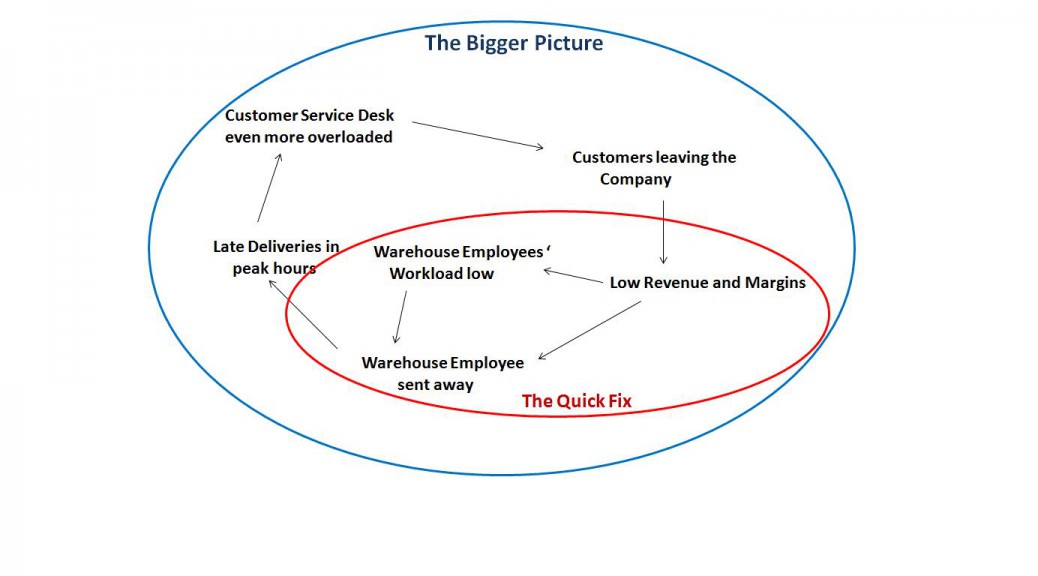It started with a tiny, almost neglectable pain in the throat the evening before.
The next morning, a Sunday, I felt I should better cancel my dinner with friends. I was due to meet with an important potential customer on Monday, and I did not want to run the risk of falling seriously ill.
Monday morning I woke up and found that my voice had basically gone. For the first time in years a virus had been able to break through my health defence of several 6kms runs every week.
The customer meeting was scheduled at 2, so I decided I had the time for a quick fix. The entire morning when I prepared for the meeting, I drank hot tea with honey to soothe the pain, and, in order to regain my voice, I sucked on a whole lot of black, Swedish licorice pastilles. And definitely, on my way to the meeting I was able to produce some sound.
The meeting was fine, it is never really bad if you are not the one talking most. Having returned home that evening though I found that not only my throat was hurting even more than before, now my stomach was experiencing the consequences of all the licorice I had processed. For several days it remained painfully swollen. The only thing left to digest now was my defeat: I went to bed and stayed there for the next days, without the possibility to support my healing with proper food.
Similar stories can be told about quick fixes in organisations, causing situations which can not be cured in a couple of days.
The trouble with quick fixes is that they almost never only influence the small problem you want to solve. Like the body, an organisation is a whole of interconnected elements, closely interacting with and influencing each other. If you influence one of its parts, unwillingly and unawarely you might cause a chain reaction in another part of the organisation you did not even think of.
Let’s look at a hypothetical cost cutting scenario of sending away one of your organisation’s warehouse guys. The margins have been low and very often you see the team just hanging around without a task to fulfil. The next time though business will go up and you will have a need for high volume fast delivery, warehouse staff will need to run and work too long hours, causing higher cost in overtime and running the risk of serious accidents. In case of late deliveries, customers will start to complain and cause more workload at the customer service desk, which was already overloaded. They might even walk out of you, bringing the revenue and margin down even further.
If you look at not only the problem itself but also at the bigger picture the problem is part of, you might discover other means of optimisation. In the above scenario, you could for instance decide to suggest the most motivated warehouse employee to support the customer service desk when his workload is low.
Many books and articles have been written about System’s Thinking.  If you want to read more and have a good introduction, I highly recommend Peter Senge’s “Fifth Discipline”.
If you want to read more and have a good introduction, I highly recommend Peter Senge’s “Fifth Discipline”.
I wish you lots of fun reading, and many good System’s practices in your organisation!

